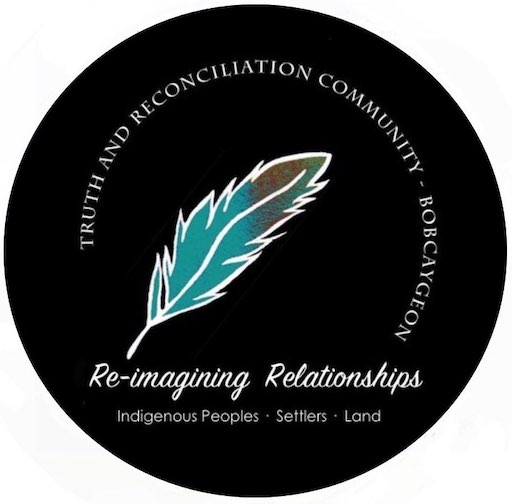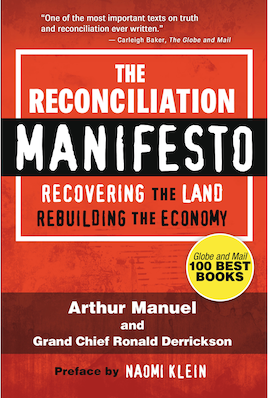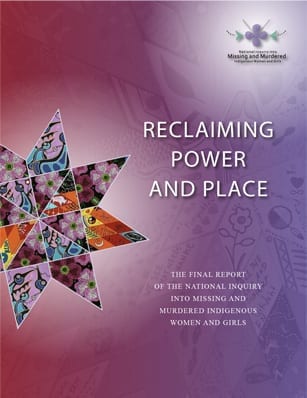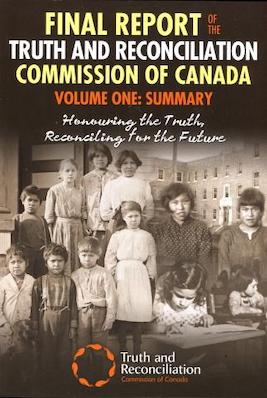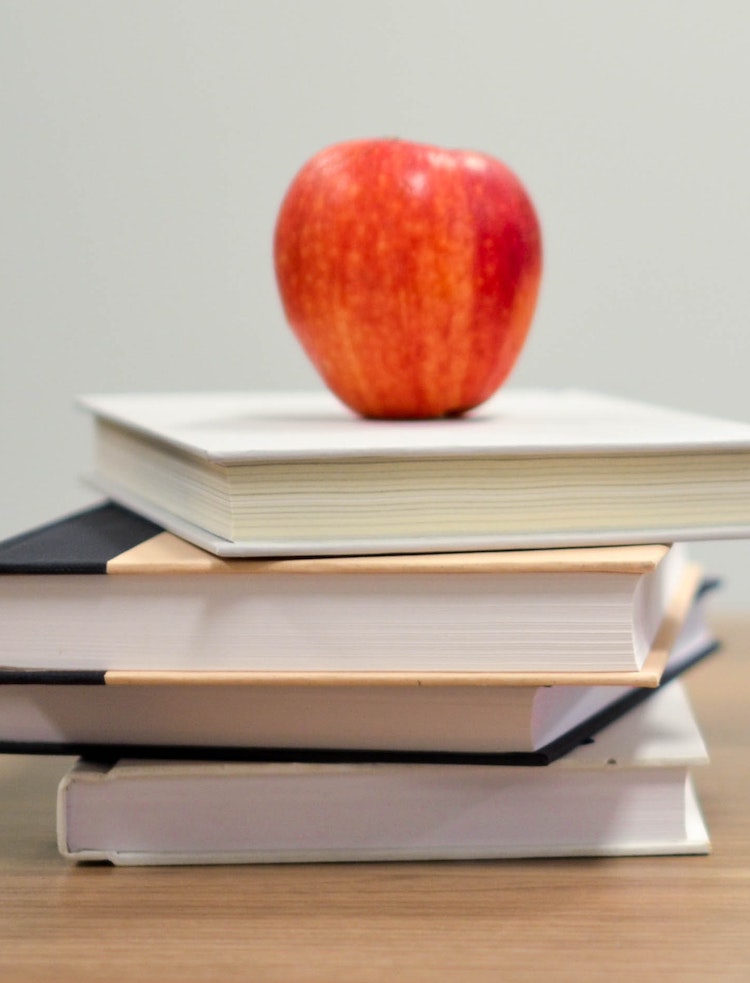Books and Other resources
Books
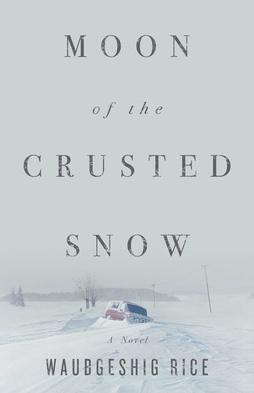
Moon of the Crusted Snow
Moon of the Crusted Snowis a 2018 post-apocalyptic thriller novel by Waubgeshig Rice. Set in a rural Anishinaabe community in northern Canada, it follows a group of community members after they are cut off from the rest of the world amidst a societal collapse. A sequel, Moon of the Turning Leaves, was published on October 10, 2023. The novel was nominated for the 2019 John W. Campbell Memorial Award for Best Science Fiction Novel. ~ From Wikipedia, the free encyclopedia
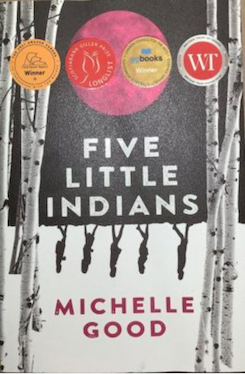
Five Little Indians
This is a riveting, raw and haunting novel about five survivors of one Indian Residential School in British Columbia. Click to read the full review.
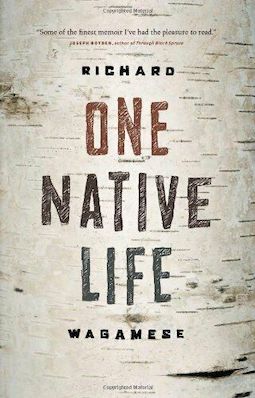
One Native Life
Richard Wagamese. One Native Life. Douglas & McIntyre, 2008.
Any book by Richard Wagamese, an Ojibway from the Wabaseemoong First Nation in northwestern Ontario is worth reading. This one is a memoir about his life and is full of hope, despite hardships he experienced growing up. He finds peace in knowing his roots and deepening his connection with the land. He is remarkably tolerant of his settler neighbours. He authored 15 books including Medicine Walk and Indian Horse. Sadly he passed away in 2017.
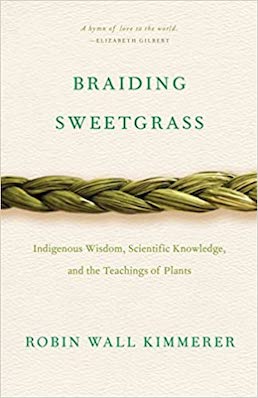
Braiding Sweetgrass
Robin Wall Kimmerer. Braiding Sweetgrass. Indigenous Wisdom, Scientific Knowledge, and the
Teachings of Plants. Milkweed Editions, 2013.
“Robin Wall Kimmerer is a mother, scientist, decorated professor and enrolled member of the Citizen Potawatomi Nation. She lives in Syracuse, New York where she is a SUNY Distinguished Teaching Professor of Environmental Biology and the founder and director of the Center for Native Peoples and the Environment.”
Through engaging personal stories, Kimmerer humbly introduces us to the generous gifts of the land, plants, trees, and other non-human inhabitants that sustain us, and explores the reciprocal relationships and responsibility of the human inhabitants required to sustain those gifts. “She embraces the notion
that plants and animals are our oldest teachers.” All we need to do now is learn to listen.
She encourages a practice of gratitude for the generous gifts of the earth as well as a practice of taking only what you need and leaving the rest to regenerate. This requires a turning away from an economy based on greed, which is destroying the earth for the sake of enriching a few.
[quotes are from the book cover]
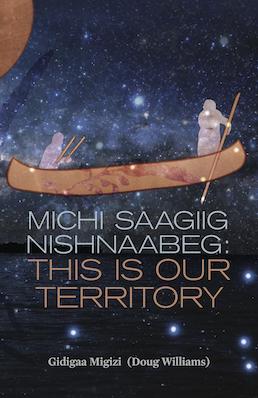
Michi Saagiig Nishinaabeg
Doug Williams. Michi Saagiig Nishinaabeg. This is Our Territory.
An entertaining series of stories describing life in the Michi Saagiig Nishinaabeg territory as told by Doug Williams, elder, and knowledge keeper of Curve Lake First Nation who grew up with the benefit of his grandmother’s and great uncle’s knowledge of the land.
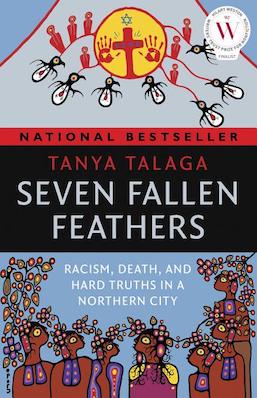
Seven Fallen Feathers
Tanya Talaga. Seven Fallen Feathers. Racism, Death, and Hard Truths in a Northern City. House of Anansi Press, 2017.
The tragic stories of seven young people whose lives were cut short in Thunder Bay, ON as a direct result of chronic racism, cultural genocide and lack of funding for education and health services for Indigenous children.
The Reconciliation Manifesto
Art Manuel and Grand Chief Ronald Derrickson’s The Reconcilation Manifesto. Recovering the Land. Rebuilding the Economy. James Lorimer & Company Ltd., Publishers, Toronto 2017.
Naomi Klein, in her Preface to Arthur Manuel and Grand Chief Ronald Derrickson’s book, The Reconciliation Manifesto (which was also her speech at the funeral of Arthur Manuel in January 2017), describes Art as “a visionary”, “an incredible organizer and teacher” and also a “savvy tactician” inspiring many grassroots organizations.
She states:
“For me, what Art taught me that changed me and changed my life forever, was that what is good for Indigenous people, what will ultimately fight poverty and heal trauma, is the return of the land. And he also taught me that what is good for Indigenous people is good for the land, is good for the water, and ultimately is our only hope for fighting catastrophic climate change and ecological collapse. Our only hope.”
MMIWG Report
Reclaiming Power and Place. The Final Report of the National Inquiry into Missing and Murdered Indigenous Women and Girls.
Found at https://www.mmiwg-ffada.ca/wp-content/uploads/2019/06/Executive_Summary.pdf
This National Inquiry set out to explore the systemic causes of the over representation of missing and murdered Indigenous women, girls and 2SLGBTQQIA in Canada, the exact number of which will never be determined. It explored the impact of colonization, racism, residential schools, the sixties scoop and arrived at a determination of genocide. The contributions to this report from family members of missing and murdered Indigenous women, girls and 2SLGBTQQIA also highlighted the immense resiliency of this population. Change requires learning the truth and confronting racism in all levels of our social order.
There are 231 individual Calls for Justice directed at governments, institutions, social service providers, industries, and all Canadians.
Summary : Final Report of the TRC
Honouring the Truth. Reconciling for the Future. Summary of the Final Report of Truth and Reconciliation Commission of Canada. Truth and Reconciliation Commission of Canada. 2015
Can be found and downloaded for free at
http://www.trc.ca/assets/pdf/Honouring_the_Truth_Reconciling_for_the_Future_July_23_2015.pdf
The Truth and Reconciliation Commission uncovered the truth of the tragic history of Canada’s Residential School System for Indigenous Children from pre-confederation to 1996 (when the last one closed). These children were abused emotionally, physically and sexually, and many did not survive which was all part of a systemic policy of genocide. It is also a story of resiliency and survival for those who had the courage to speak their truth.
From the Preface:
“…shaming and pointing out wrongdoing were not the purpose of the Commission’s mandate. Ultimately, the Commission’s focus on truth determination was intended to lay the foundation for the important question of reconciliation. Now that we know about residential schools and their legacy, what do we do about it?
Getting to the truth was hard, but getting to reconciliation will be harder. It requires that the paternalistic and racist foundations of the residential school system be rejected as the basis for an ongoing relationship. Reconciliation requires that a new vision, based on a commitment to mutual respect, be developed. It also requires an understanding that the most harmful impacts of residential schools have been the loss of pride and self-respect of Aboriginal people, and the lack of respect that non-Aboriginal people have been raised to have for their Aboriginal neighbours. Reconciliation is not an Aboriginal problem; it is a Canadian one. Virtually all aspects of Canadian society may need to be reconsidered. This summary is intended to be the initial reference point in that important discussion. Reconciliation will take some time.”
More Books
Dr. Pamela D. Palmater is a Mi’kmaw citizen and member of the Eel River Bar First Nation in northern New Brunswick. She has been a practicing lawyer for 20 years and is currently an Associate Professor and the Chair in Indigenous Governance at Ryerson University. Her YouTube channel has a playlist on her “educational and interactive video series to promote reconciliation with Indigenous peoples, the Reconciliation Book Club.”
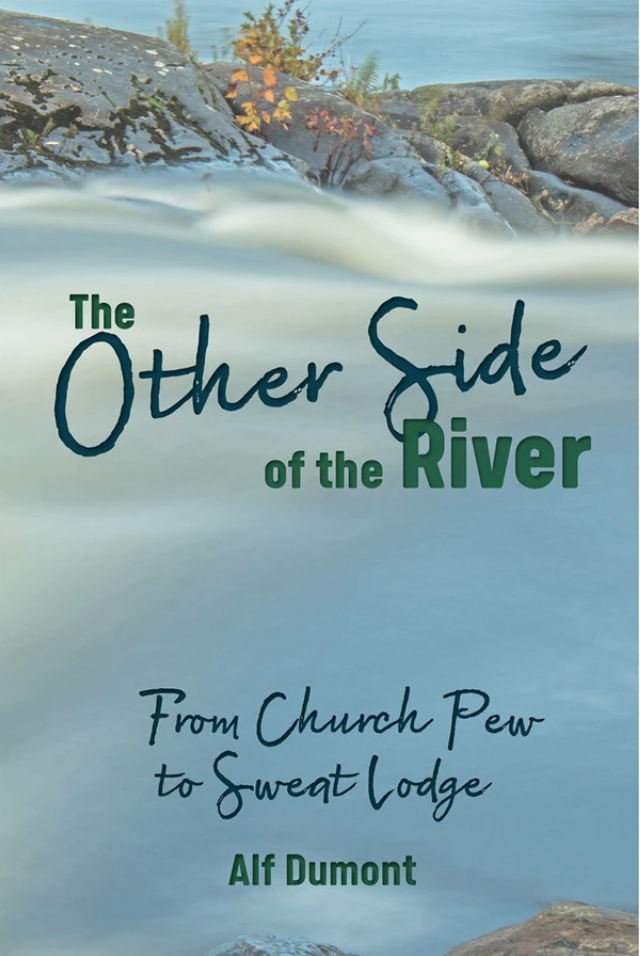
Other Resources
Groups : Courses : Films : Workshops: Sites

The Kawartha Truth and Reconciliation Support Group meets monthly in Peterborough.
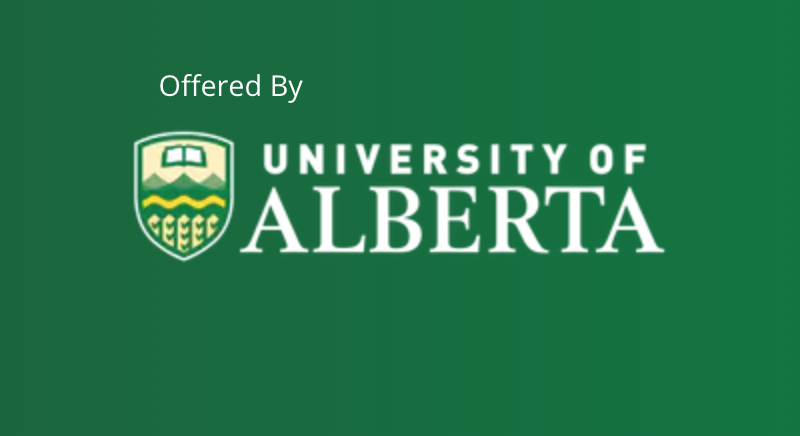
Indigenous Canada is a free Massive Open Online Course (MOOC) that explores Indigenous histories and contemporary issues in Canada. Offered through the University of Alberta.
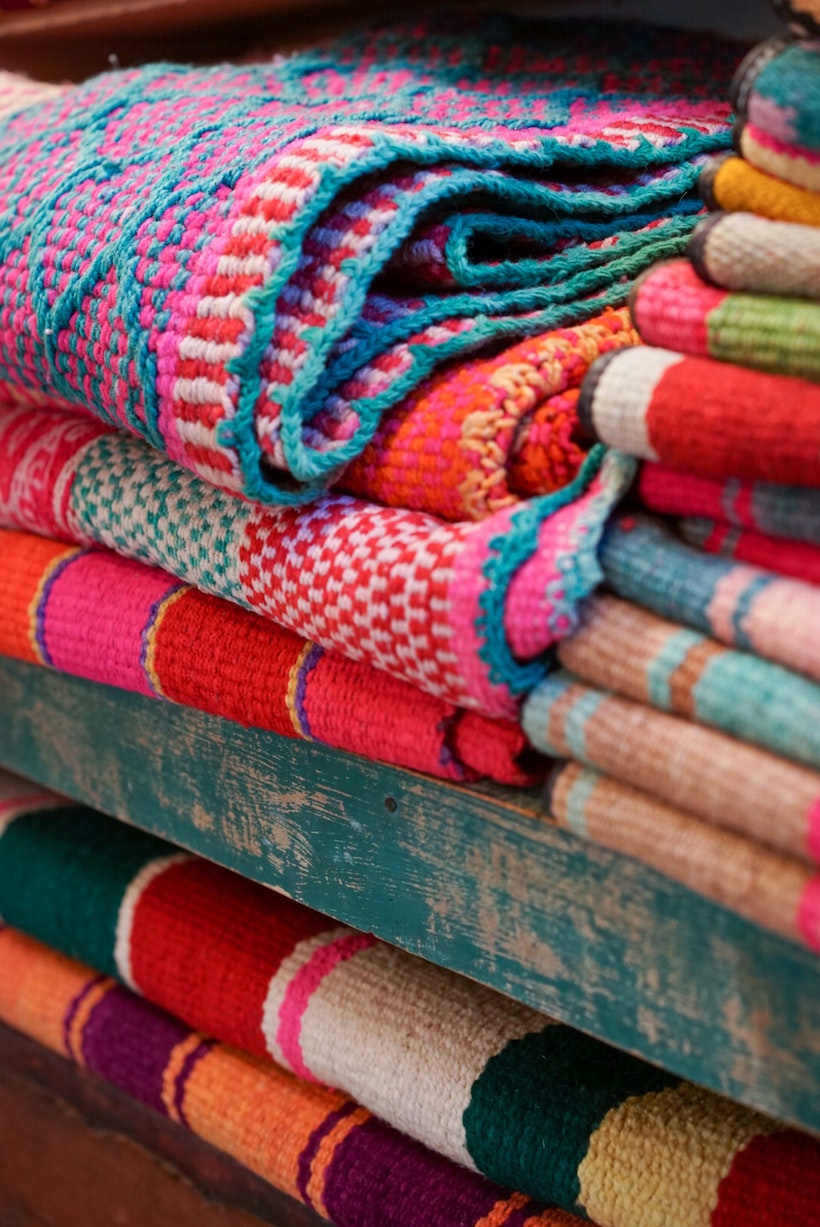
Blanket Exercise Workshop
Kairos is a Canadian faith based group of Indigenous, settlers and newcomers. People come together around justice, peace and the well being of all.
The Blanket Exercise was developed as a powerful tool for experiential learning. Described as a “unique, participatory history lesson – developed in collaboration with Indigenous Elders, knowledge keepers and educators.” Discover how to participate.
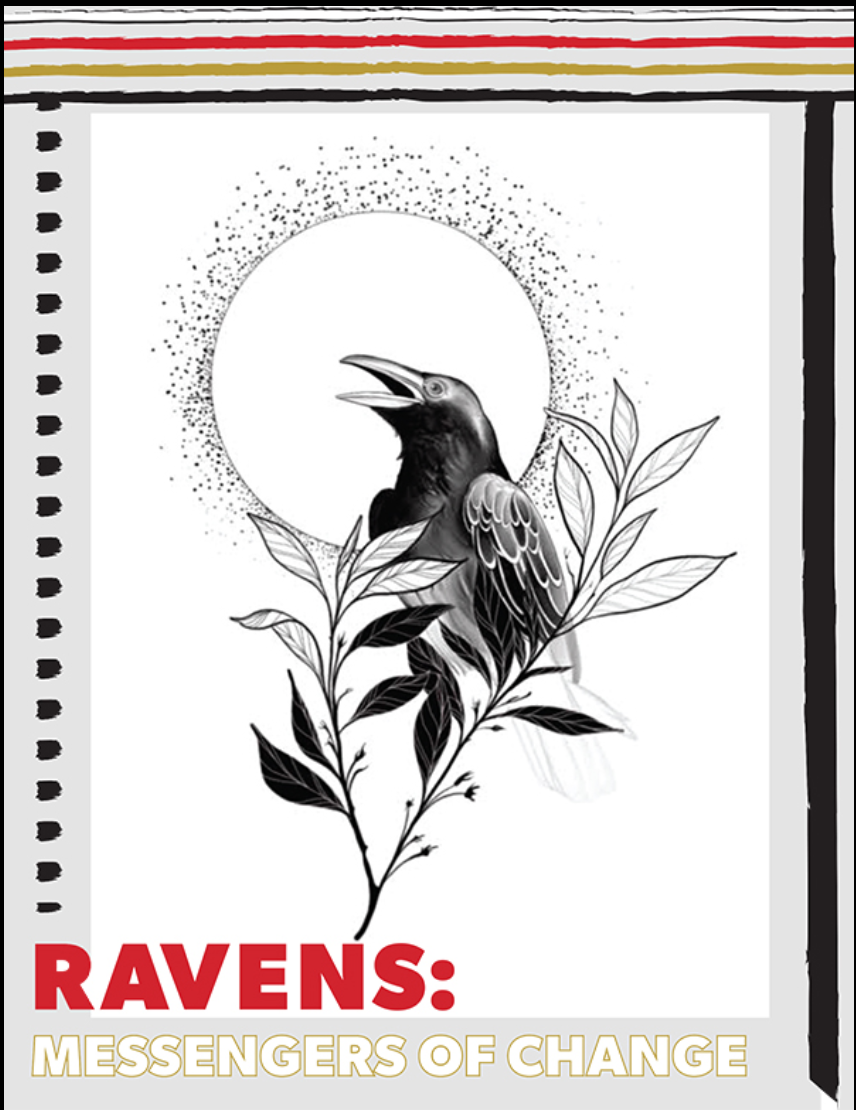
Ravens: Messengers of Change
KAIROS, in partnership with the Legacy of Hope Foundation, has launched a new educational resource on right relations. Ravens: Messengers of Change helps participants of the KAIROS Blanket Exercise take their newfound understanding a step further through concrete actions on their journey as informed allies. Adaptable for all ages, and may be downloaded free of charge!
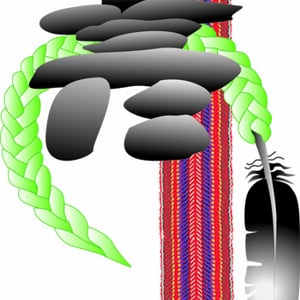
The Legacy of Hope Foundation
The Legacy of Hope Foundation (LHF) is a national, Indigenous-led, charitable organization that has been working to promote healing and Reconciliation in Canada for more than 19 years. The LHF’s goal is to educate and raise awareness about the history and existing intergenerational impacts of the Residential School System (RSS) and subsequent Sixties Scoop (SS) on Indigenous (First Nations, Inuit, and Métis) Survivors, their descendants, and their communities to promote healing and Reconciliation.
Project of Heart
Project of Heart is an inquiry based, hands-on, collaborative, inter-generational, artistic journey of seeking truth about the history of Aboriginal people in Canada. (Part of) its purpose is to …examine the history and legacy of Indian Residential Schools in Canada and to seek the truth about that history…
This site has a full interactive curriculum as well as an extensive list of links to resources from a variety of categories.
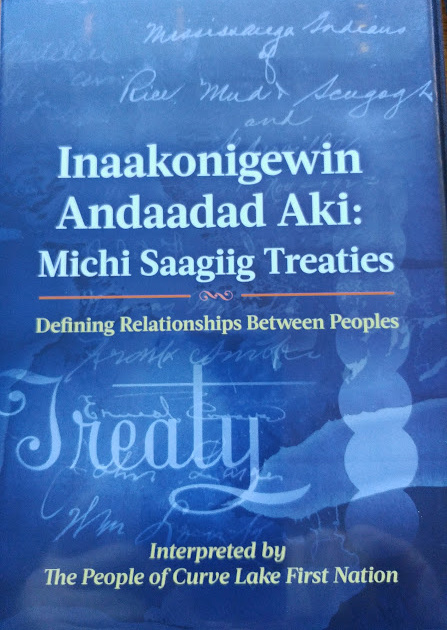
Film ANDAADA AKI:MICHI SAAGIIG TREATIES- This video depicts the treaties related to this land. It is available through the Whetung Gallery, Curve Lake First Nation
